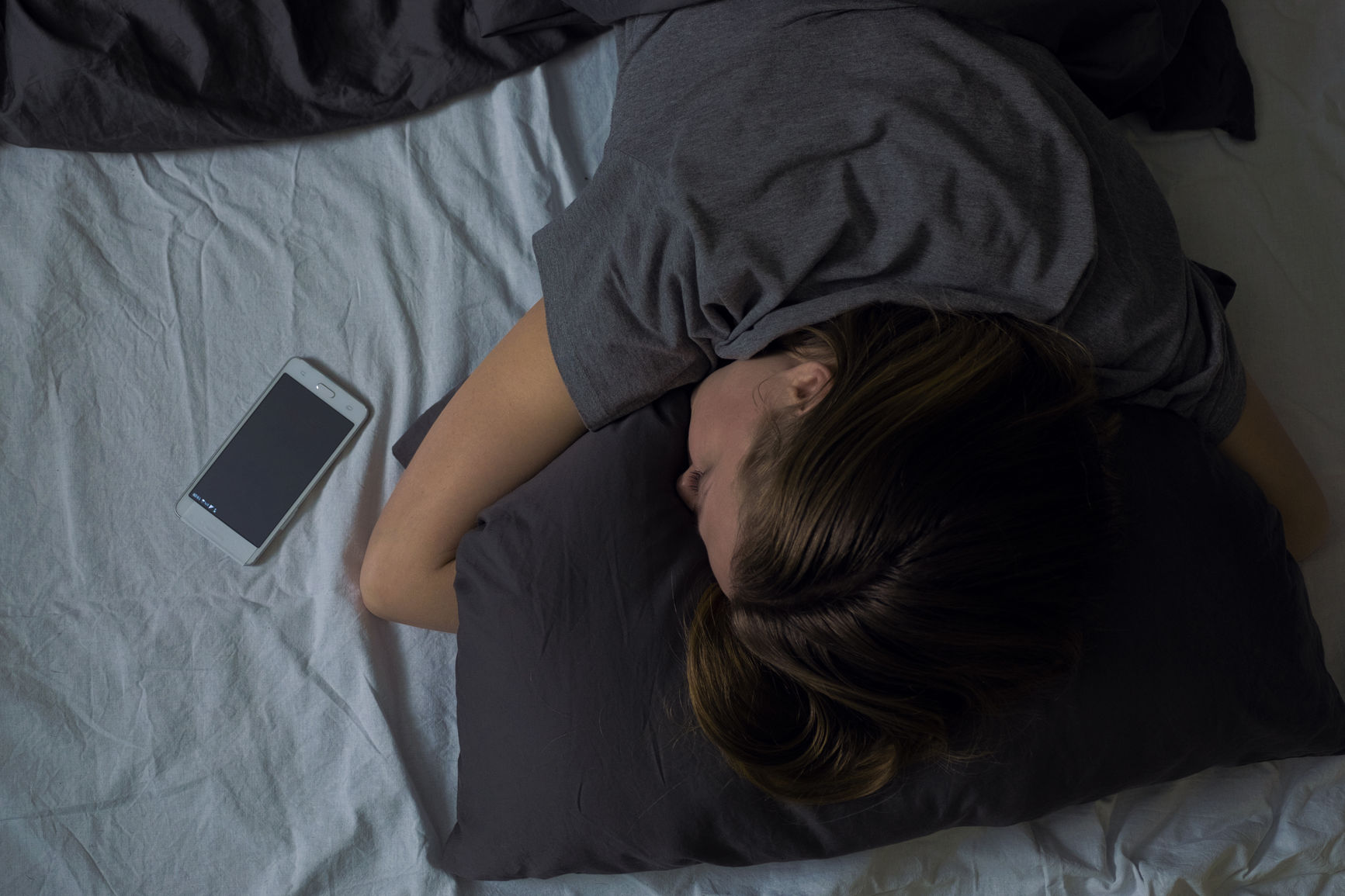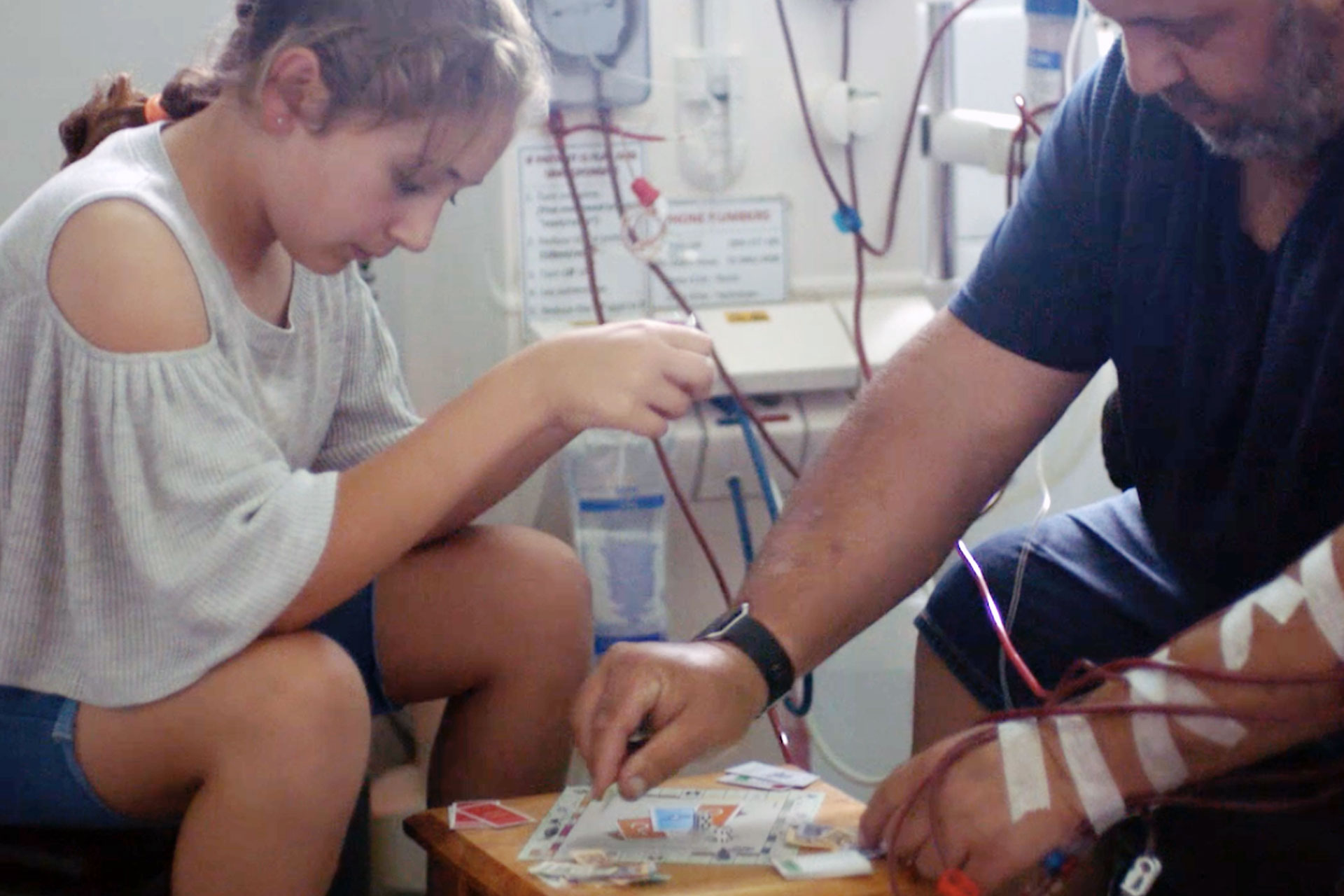-
Starting studying can be an exciting time, with lots of change and newfound independence. However, it can also be a stressful period, as you adjust to juggling studies with part-time or casual work, financial pressures, and often a burgeoning social calendar.
According to data from the latest Medibank Better Health Index, Australian students are particularly stressed out, with 32.6% of students aged 18 and over suffering from regular stress, compared with only 26.1% of the general population.
Supporting this observation, the 2015 Department of Education’s Student Experience Survey found that stress was the most common reason students considered dropping out of university -- ranking higher than dropping out due to financial difficulties or disengagement in the field of study selected.
Alarmingly, more serious mental health conditions were also found to be prevalent in the student population, with 24.9% suffering from anxiety and 19.4% from depression -- again markedly higher than the incidence amongst the general population.
Stress hitting Aussie students hard

-
Commenting on these findings, Medibank Medical Adviser Dr Yohan Nathan says:
“It’s clear that we need to work towards improving awareness and support for students with mental health issues.
This should include mental health first aid training for academic staff, and an increased promotion of mental health issues in schools and universities so that students will be able to look out for one another, recognise the symptoms and encourage peers to seek help. Most TAFEs and universities provide mental health support services for students, further investment in these services will allow for appropriate care when students need it.”
What can you do to ease stress while studying?
While many of the causes of ‘student stress’ -- such as financial worries and pressure to perform -- appear systemic, there are things you can do to help de-stress. Here are some effective techniques:
- Sweat it out: From stimulating endorphins to promoting relaxation and improving sleep quality, it’s been long acknowledged that exercise can be effective at relieving the symptoms of stress. If you’re not into cardio, try something like yoga, which offers mindfulness benefits in conjunction with the benefits of exercise.
- Breathe: Shallow breathing is a classic response to stress, and simply focusing on breathing from your diaphragm for a few minutes can work wonders. Close your eyes and concentrate on stabilising your breath, breathing in through the nose and out through the mouth. If you want to take it a step further and learn about meditation, see here.
- Get downloading: Between emails, deadline reminders and social engagements, our phones can often be an inducer of stress -- reminding us just how busy we are. So, why not use your phone to relax? Whether you’re on the bus to uni or trying to clear your mind before bed, there are loads of great apps which can promote mindfulness -- check out a list of them here.
If you or a friend seem to be struggling with mental health issues, talk with your GP.
-
Innovating for members living with chronic disease
Medibank is supporting our members living with chronic diseases such as heart disease, arthritis, and diabetes, through our CareComplete programs.
-
Medibank’s palliative care at home trial
Giving our customers choice in where they would like to receive their end-of-life care can provide dignity, privacy and help them retain control over the care they receive.
-
How your phone habits affect your sleep
And what it means for your mental health, hormones and more.
-
Medibank trialling haemodialysis at home
Giving members with chronic kidney disease more choice
-
The origins of western and eastern medicine
Two schools of thought explained
-
Almost half of hospital patients are looking for more support
Find out how Medibank is helping.
Subscribe to receive the best from Live Better every week. Healthy recipes, exercise tips and activities, offers and promotions – everything to help you eat, move and feel better.
By clicking sign up I understand and agree to Medibank's privacy policy





